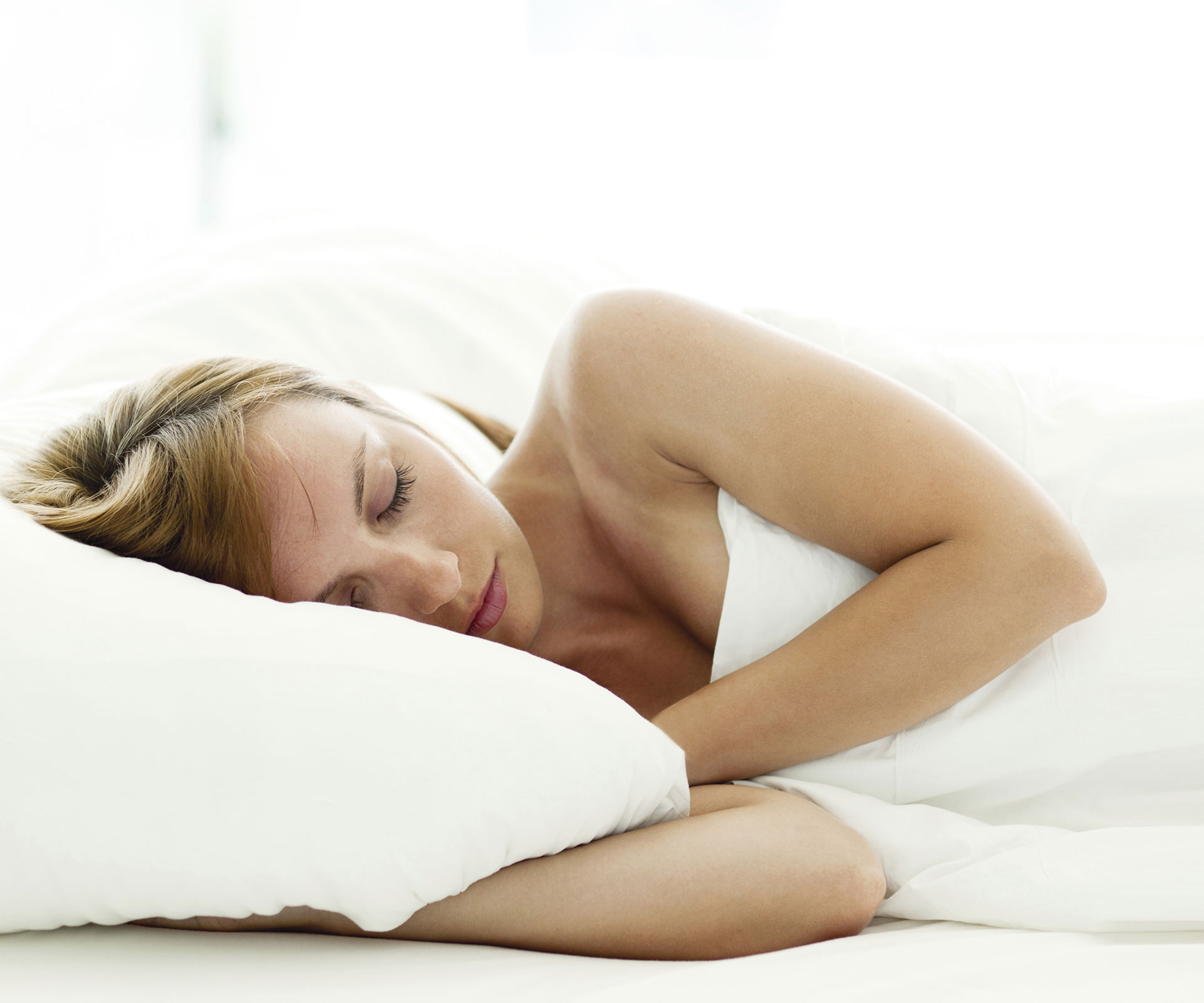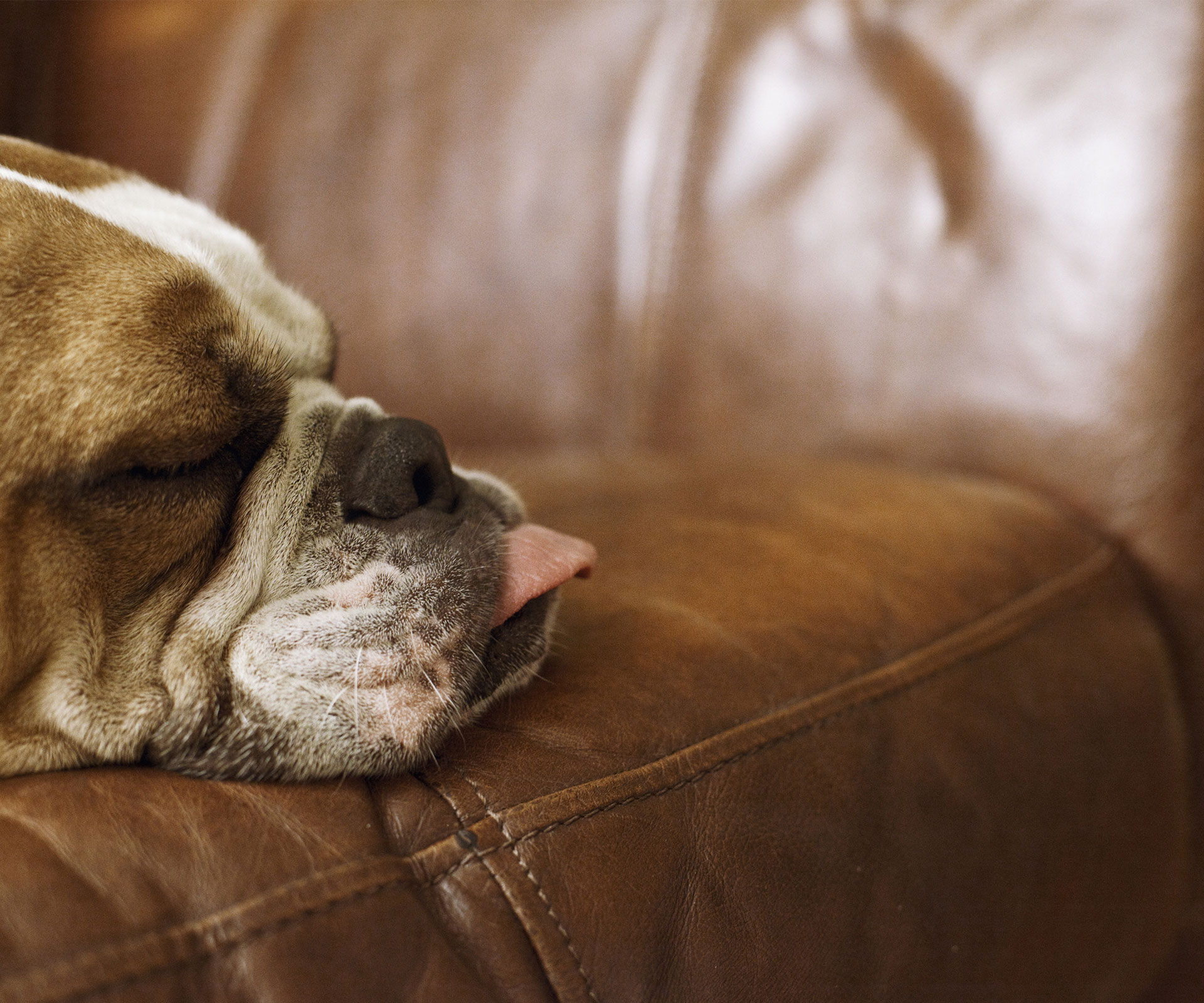How much sleep are we getting?
Sovereign embarked on a healthy living survey with responses from 1655 New Zealanders, aged 25-74, both male and female. Surprisingly, only 26% of those surveyed are getting their eight hours of beauty sleep, with 59% wishing they were.
How much sleep do we need?
Sleep. Most of us would like more of it! The amount needed has been debated over the years. Eight hours is the common figure, but a recent study in The Wall Street Journal suggests seven is better – so which is it? Common sense suggests sleep doesn’t fit into the ‘one size fits all’ category. We all have different lifestyles, different bodies and different needs.
Dr Karyn O’Keeffe from the Sleep/Wake Research Centre at Massey University has been working in the field of sleep for 14 years. “Getting less or more sleep than this has been associated with a number of health problems, such as increased weight, increased risk of developing type 2 diabetes, high blood pressure, heart problems and strokes,” O’Keeffe explains. She says between seven and nine hours is best for most people, and less than seven leads to poor functioning.
“We don’t make good decisions, we have poor coordination and slow reaction times, we are less creative and less productive, we have poor memory and concentration, we don’t get on well with others and we can have problems with mood regulation,” she says. When people miss out on sleep, they don’t notice the effect it’s having on their functioning and think they are performing well, when the opposite is often true. Sleep is made up of light sleep, deep sleep and REM (rapid eye movement) sleep stages, which are all needed for a good night’s rest. Some of the common factors that affect our sleep are caffeine and alcohol intake, our sleep routine, use of technology before bed and whether or not we’ve done physical activity.
What can interfere with sleep?
Caffeine:
O’Keeffe says a lot of people are adamant caffeine doesn’t affect their ability to sleep, even if they have a coffee right before bed. They are wrong, she says. It might not affect your ability to get to sleep, especially if you’re sleep deprived, but it will affect how much deep sleep you get.
“The reduction in deep sleep is dependent on how much caffeine you have had that day, how often you usually drink caffeine and how close it was to bed time,” she says.
Her rule of thumb is to stick to three cups of instant coffee a day or one bought coffee, which is the equivalent to around five cups of tea. She recommends avoiding caffeine at least five hours before bed.
Alcohol:
After consuming alcohol, we nod off easily, but the structure of our sleep soon changes. We get less REM rest, and this leads to further changes to the structure of our sleep, O’Keeffe says. “This leads to increased wake-ups, less refreshing sleep, and increased sweating, stomach upsets and racing heartbeats in the second half of the night.” Sound familiar?
Exercise:
Getting active is one of the best things you can do to ensure a regular rest routine. “Regular exercise increases the amount of deep sleep we get overnight and reduces the number of times we wake from sleep,” O’Keeffe says. Easy as that!
Technology:
TVs, computers, tablets, smartphones and e-readers are most commonly used before bed. O’Keeffe says the bright light emitted from these devices interferes with our body clock functioning, making it harder to fall asleep when we want to and harder to stay asleep. She recommends dimming the screen on these devices in the evening and not using them in the two hours before bed.
“Also, avoid bringing these devices into the bedroom with you. You won’t feel the need to check emails or notifications right before bed and you won’t get woken up by alerts in the middle of the night,” she says.
Age:
O’Keeffe says ageing goes hand-in-hand with broken sleep, which is the result of increased light and REM sleep, and less deep sleep – and it’s completely normal.
“Many people worry if they wake briefly overnight and they think perfect sleep means sleeping right through till the alarm goes off,” she says. The average healthy adult may wake once or twice overnight, without any impairment to sleep quality, provided they don’t spend a long period awake, she adds.
Words by: Kristina Rapley

